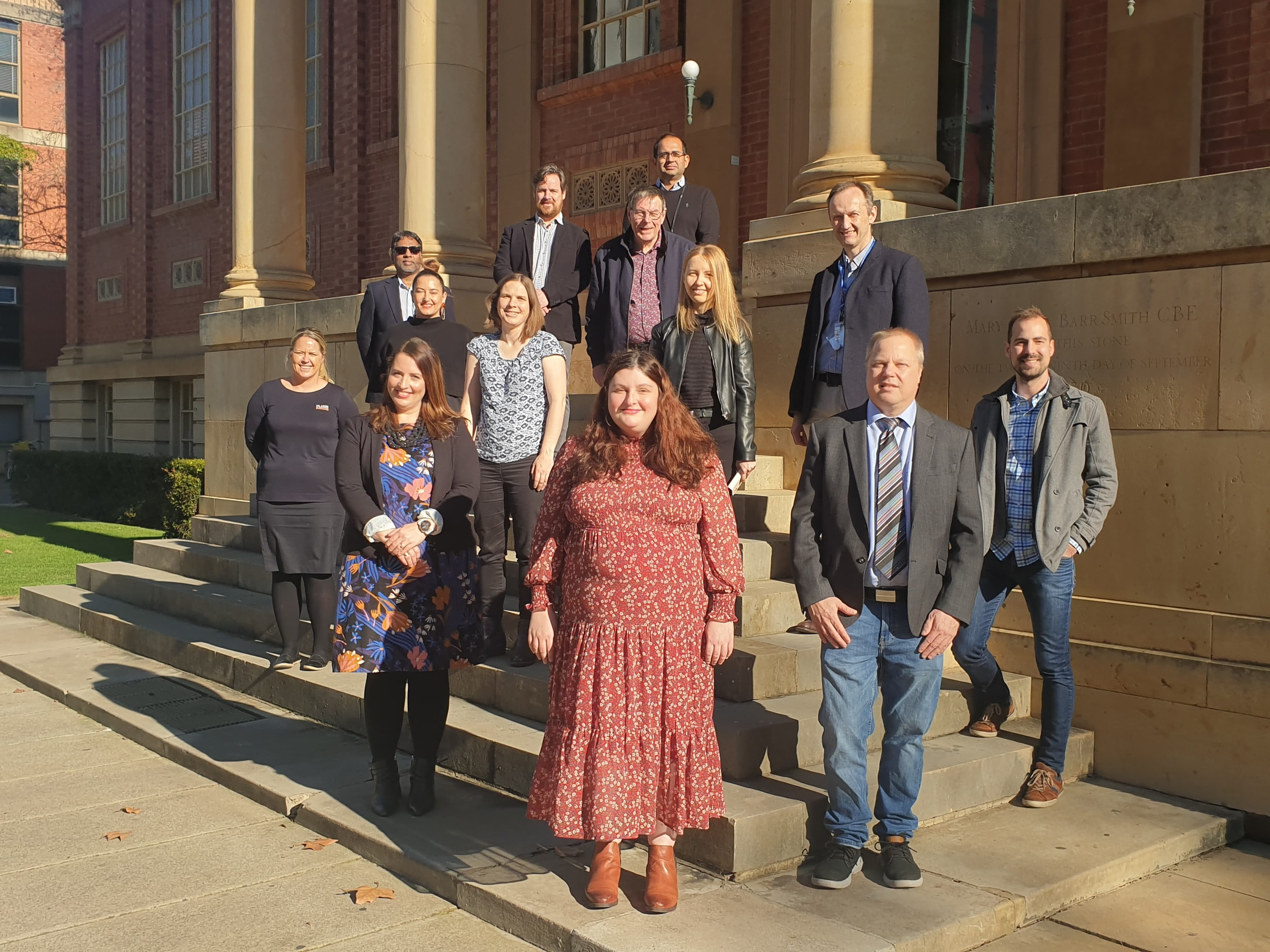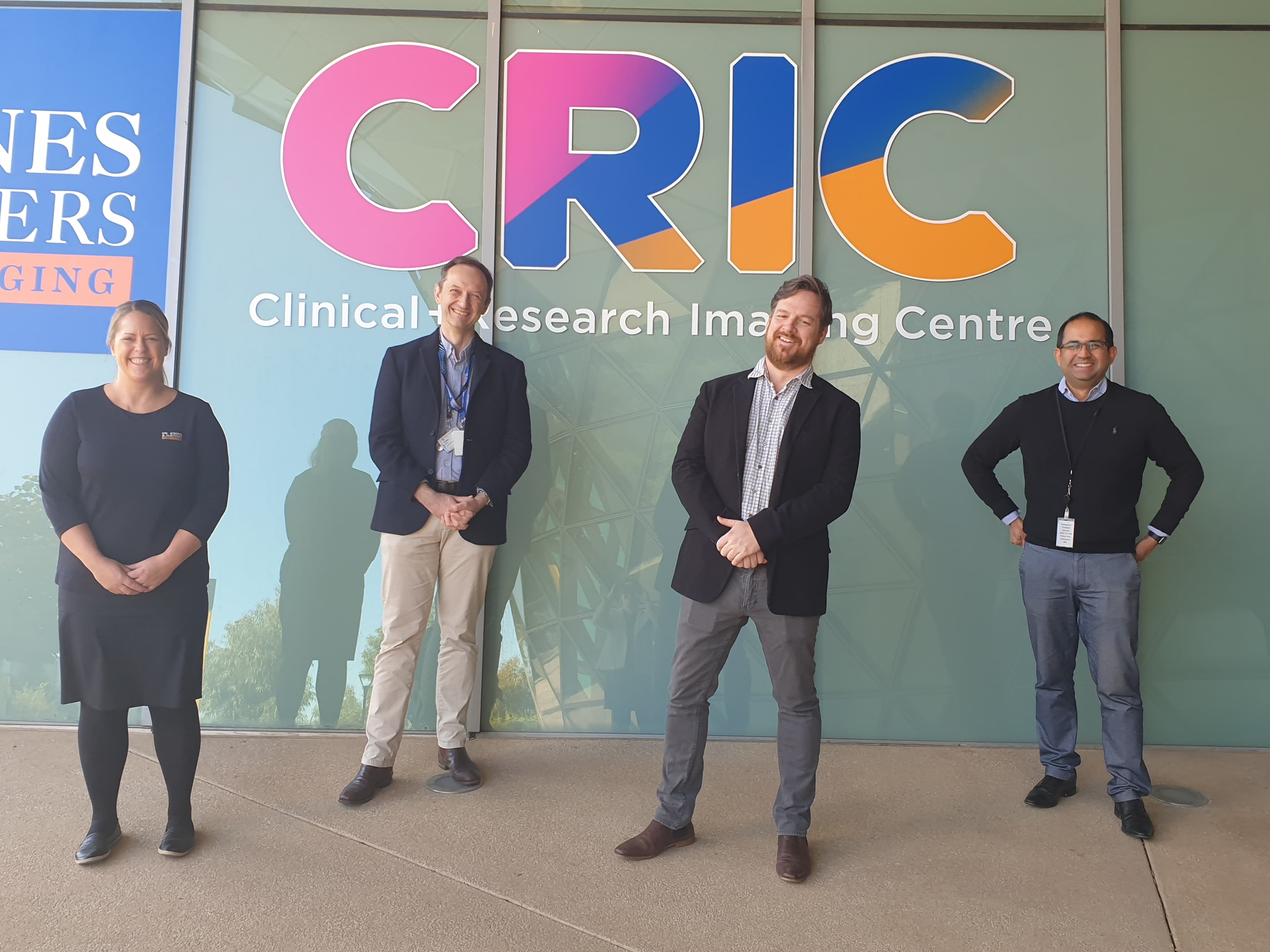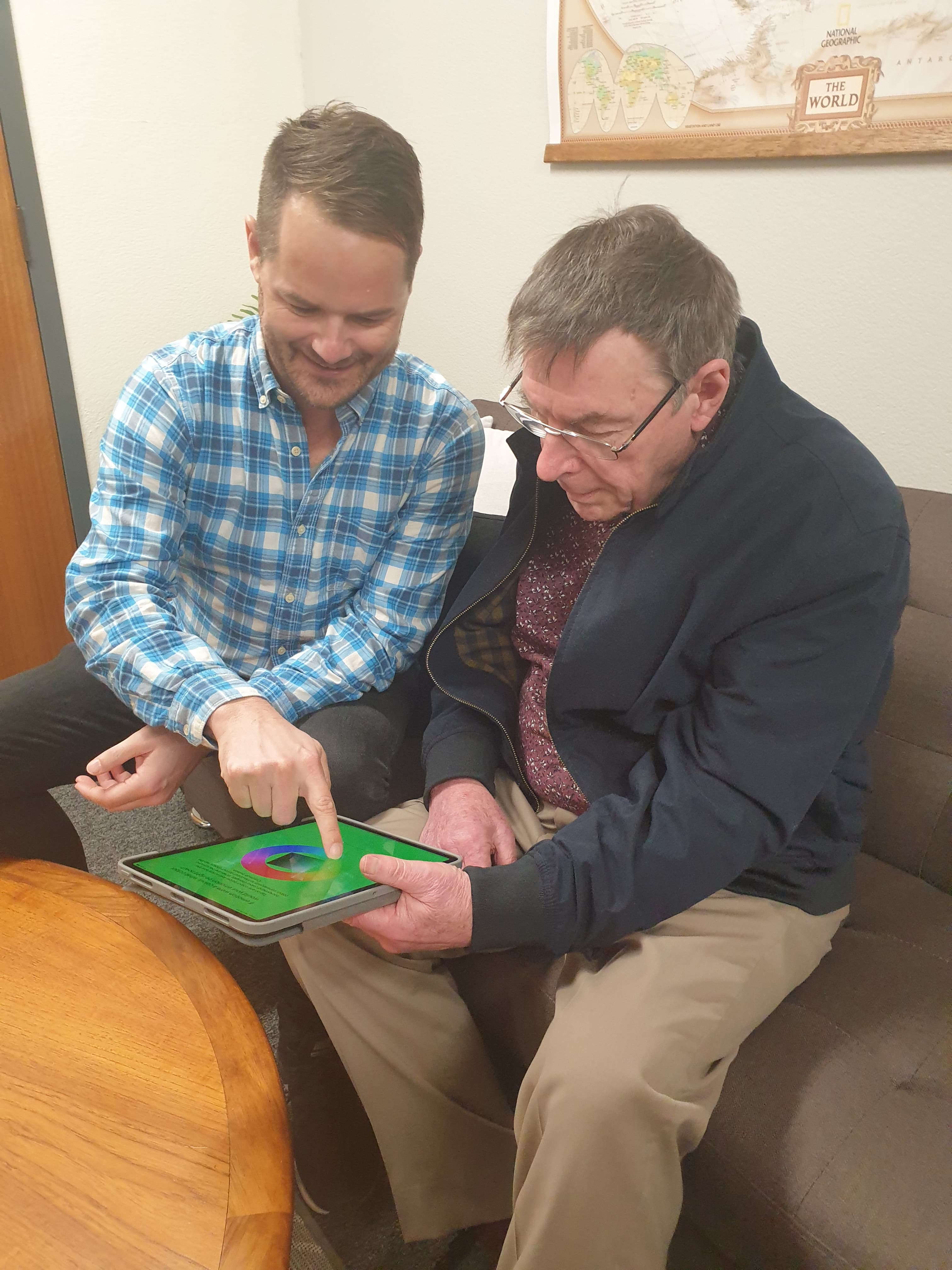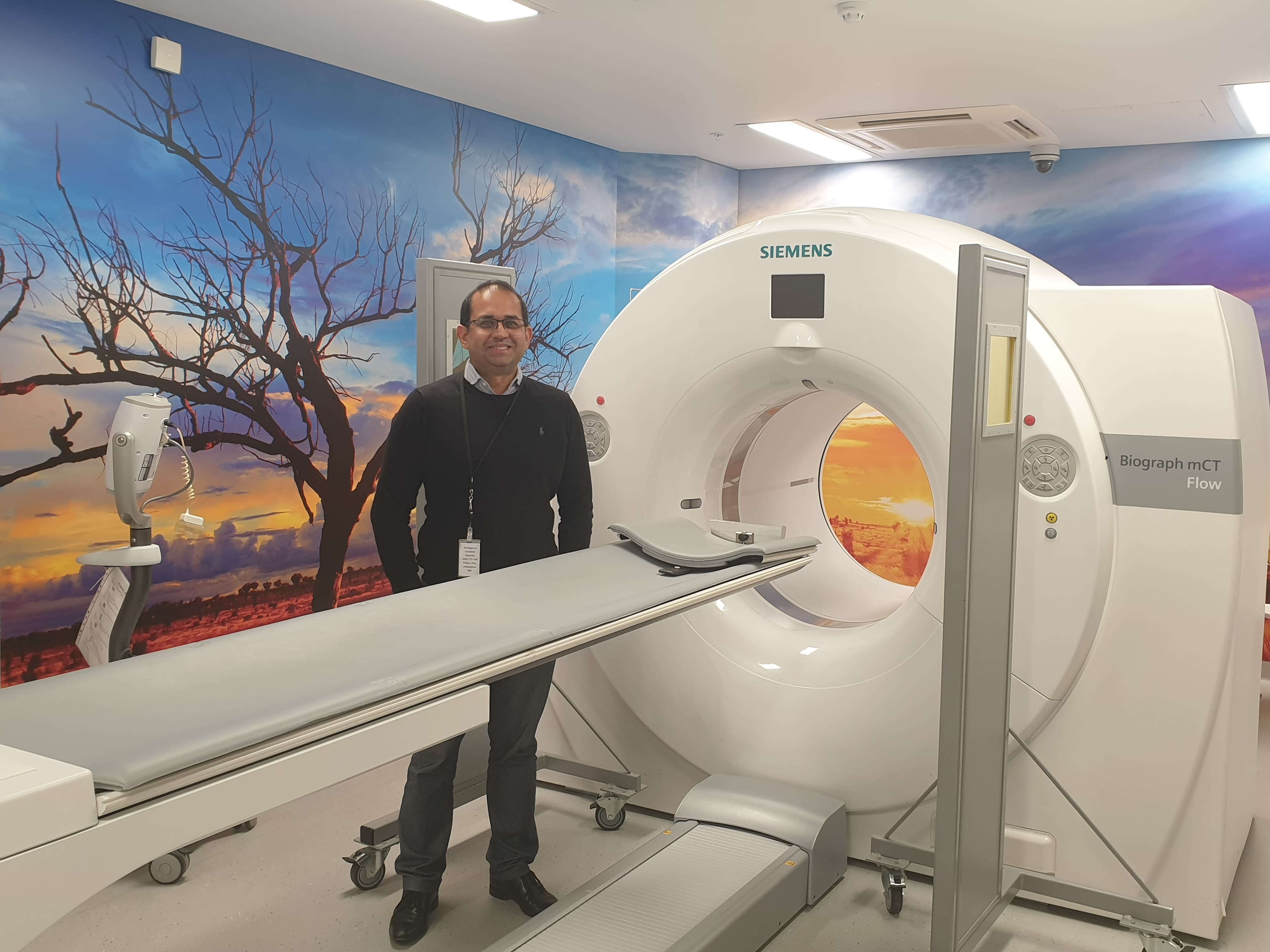New brain injury research will examine consequences and risk of Parkinson’s disease development following TBI
The Australian Government Medical Research Future Fund (MRFF) is investing over $5.7 million to further develop traumatic brain injury (TBI) research




Researchers at The University of Adelaide have received $1,987,160 for the following project: Forecasting Impairment and Neurodegenerative Disease risk following Traumatic Brain Injury (FIND-TBI): A computational neurology-driven method to predict long-term prognosis.
Traumatic Brain Injury has been a leading area of research for the NeuroSurgical Research Foundation (NRF) since its inception in 1963. Over the past several years, the James and Diana Ramsay Foundation has also made critical investment into research into both TBI and Parkinson’s disease.
While typically thought of as an acute event, TBI leads to long-lasting disability in a subset of individuals, with over half of people reporting significant disability even at 14 years post- injury. Even more concerning, a history of TBI is a known risk factor for the development of Parkinson’s disease, with a previous TBI increasing risk by as much as 83%.
The MRFF-funded study will investigate the brain mechanisms that predict the risk of long- term impairment and Parkinson’s disease development following a TBI. It is particularly exciting as it draws together experts from across multiple disciplines both locally and internationally. Here in South Australia, the study will be led by A/Professor Lyndsey Collins- Praino, Head of the Cognition, Ageing and Neurodegenerative Disease Laboratory (CANDL) at the University of Adelaide. Other key SA-based members of the team include:
- Dr Adam Wells, a neurosurgeon from the Royal Adelaide Hospital, who will help to recruit participants with a past history of TBI
- Dr Irina Baetu and Professor Nick Burns from the Cognitive Neural Sciences lab at the University of Adelaide, who will lead the cognitive testing component of the study
- A/Professor Dominic Thewlis of Adelaide Medical School, an expert on biomechanics who will advise on the motor testing component of the study
- Dr Andrew Dwyer, A/Professor Christen Barras, Angela Walls and Prab Takhar of the Clinical & Research Imaging Centre, a collaboration between SAHMRI and Dr Jones & Partners, who will lead the neuroimaging component of the study
- Dr Frances Corrigan and A/Professor Renée Turner of Adelaide Medical School and Dr Maxime Francois and A/Professor Wayne Leifert of CSIRO Health and Biosecurity, who will conduct analysis of both blood- and saliva-based biomarkers
- Professor Mark Jenkinson (School of Computer Science, University of Adelaide/Oxford University) and Murthy Mittinty (School of Public Health, University of Adelaide), who will lead the data analysis and machine learning component of the study
Parkinson’s SA, led by CEO Olivia Nassaris, will be a critical community partner for the study, allowing for consumer consultation and engagement with the research, as well providing assistance with recruitment.
The research team is extremely excited to receive this funding, which builds upon previous seed projects funded by both the NRF and the James and Diana Ramsay Foundation.
When asked why this work is significant, A/Prof Collins-Praino said, “While we know that TBI can increase the risk of long-term impairment, including the development of Parkinson’s disease, the brain mechanisms via which this happens are still unclear. Our research will shine light on this and has the potential to lead to a significant shift in how individuals are treated clinically following a TBI. If we can predict who is at risk for long-term impairment, we can work towards truly personalised treatment plans.”
She went on to add, “We are extremely grateful to the MRFF for their investment in our research, as well as to both the NeuroSurgical Research Foundation and James and Diana Ramsay Foundation, who provided the critical seed funding that helped us to get this project off the ground.”
Please view the article published by The Advertiser on Monday 10 August, written by journalist Clare Peddie - titled 'Making Mark on Crippling Disease' below.





